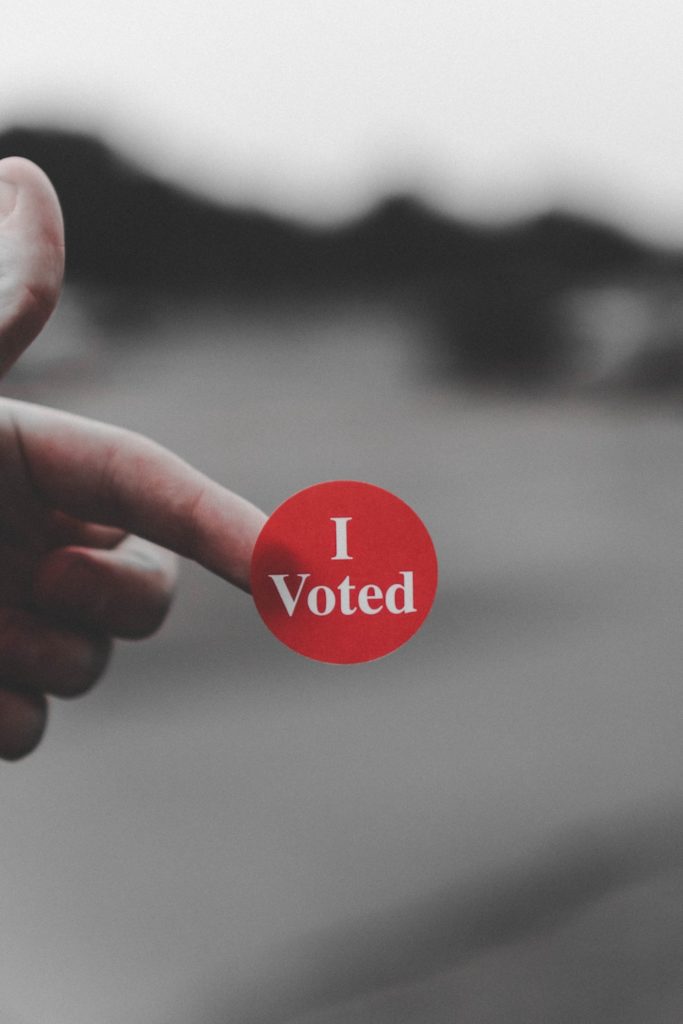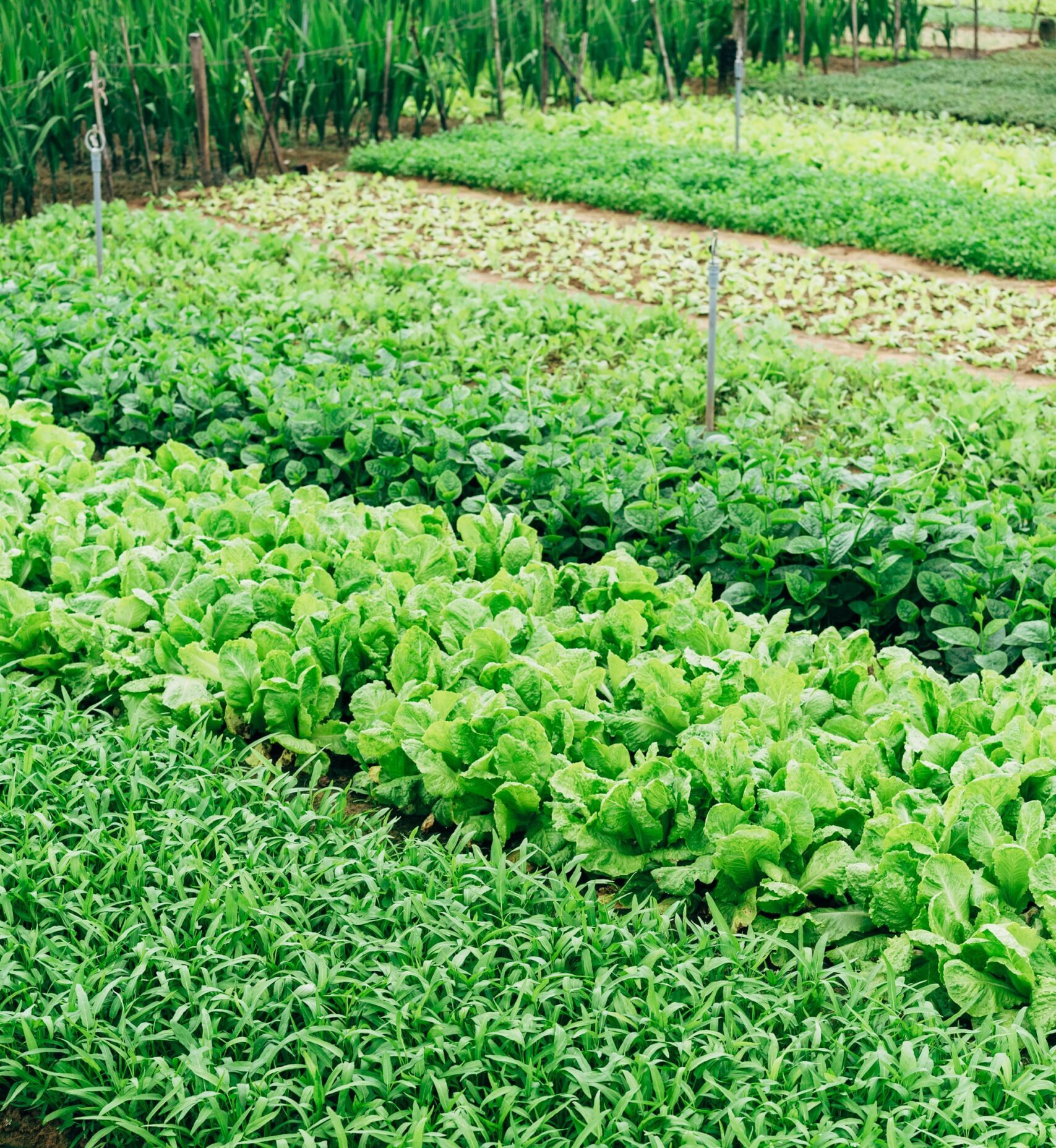My coming of age coincided, for the most part, with the rise in mainstream awareness of climate change. So I participated in widespread climate activism as it emerged in the early 2010s. At this point, many people became vegan for climate reasons and passionately advocated for composting and zero-waste living. Cowspiracy (2014) was a landmark call to enlighten people into individual action, linking animal agriculture and climate change for the first time for general audiences. As climate change worsened, however, many formerly impassioned activists eschewed individual action and called for policy-level changes. A tipping point was the 2016 U.S. presidential elections: progressives were disillusioned by the election of Donald Trump, and felt that the most important thing was to vote and elect climate-progressive leaders. Many of these people—including several in my own social circles—abandoned veganism, claiming (against scientific evidence) that individual diet didn’t matter in face of global forces at play.

It is now early 2023. We have spent several years in the “Get out the vote” era of climate activism. Unfortunately, a new study by Universität Hamburg’s Cluster of Excellence “Climate, Climatic Change, and Society” (CLICCS) reveals that the goal of 2015 Paris Accord, limiting the global average temperature rise to 1.5°C or under by 2050, is now “implausible.” Of the ten social drivers to decarbonization, two are undermining progress: consumption patterns and corporate responses. Meanwhile, seven social drivers are supporting decarbonization by 2050: United Nations climate governance, transnational initiatives, climate-related regulation, climate protests and social movements, climate litigation, fossil-fuel divestment, and knowledge production. One social driver, media, has been found to be both supporting and undermining decarbonization—which is understandable given the polarity of our media landscape.
“Large-scale shifts from carbon-intensive to low-carbon production and consumption patterns is a condition for deep decarbonization,” write the authors of the study. This includes energy efficiency, “behavioral change towards reducing excessive or wasteful energy consumption,” as well as “shift from cars to cycling, waking, public transportation.” For food consumption, it means “a wide adoption of plant-based diets.” The study also advises “decreasing purchases and increasing the lifetimes of textile, clothing, leather, and footwear products. Changes in garment consumption habits, such as consuming second-hand products and reducing washing and drying, can also be considered low-carbon consumption practices.”
The study authors also acknowledge that consumption is not simply a matter of individual choice, but shaped by social and cultural factors. “The capitalist imperative toward continued growth and capital accumulation has fundamentally shaped worldwide politics, polities, and policies and led to the institutionalization of mass consumption and to unprecedented levels of environmental degradation and global greenhouse gas emissions.” And even if you’re wise to the manipulation of capitalism, you may still be beholden to traditions and cultural expectations like “traveling thousands of kilometers to meet family and friends for celebration.” Most political regimes refrain from “limiting or regulating individual consumption,” and indeed encourage consumption. The authors also condemn highly affluent consumers for driving up demand for carbon-intensive lifestyles. They also point out that “people tend to underestimate the amount of emissions that their eating habits produce.”
The lagging corporate response to climate change is also a complex issue bogged down by conflicting goals of sustainability and profitability. The authors note that there is a connection to personal consumption as well. “Consumption patterns play an essential role in improving corporate mitigation responses. Based on our interview data, we observe that it is often a two-way interaction, as companies also engage with consumers and try to influence their behavior or increase their awareness about sustainability issues.”
As someone who has been advocating for a vegan and eco-friendly lifestyle for almost seventeen years, I know how difficult it is for most people to embrace behavioral changes. “Personal consumption habits don’t matter” may be just another one of those defense mechanisms that have been created to not have to change and still feel socially responsible. But study after study has shown that individual action has critical power to reduce the climate crisis—and this latest study reveals that our inability to change is critically damaging decarbonization. Beyond posting “I Voted” stickers on social media and protesting against the “powers that be,” we must normalize individual pro-environmental behaviors: there is no other way to be socially responsible in 2023.
Get more like this—Sign up for our daily inspirational newsletter for exclusive content!
__
Photo: Parker Johnson via Unsplash




